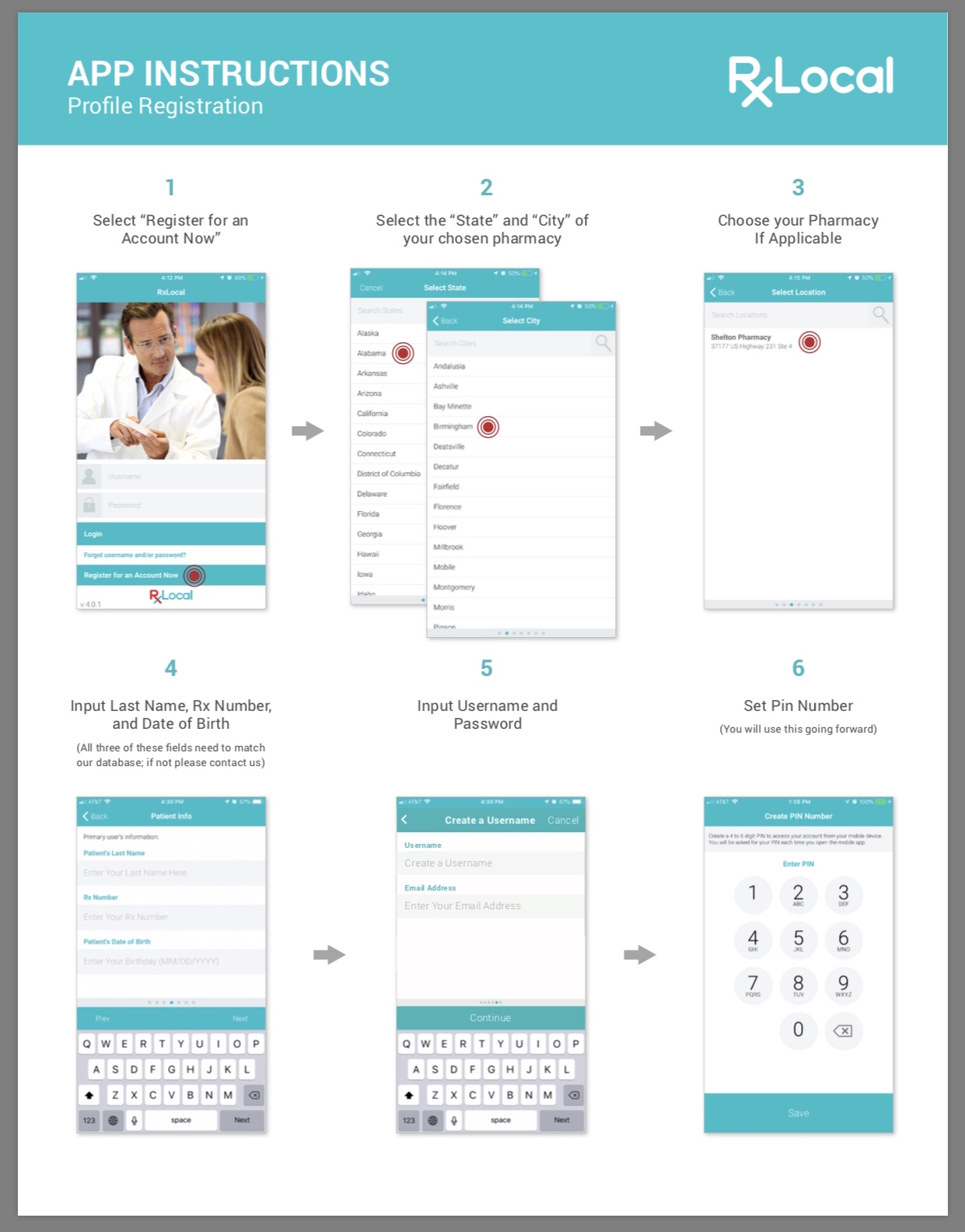

This point is important because many heterogeneous tumors carry multiple mutations, and tumorigenesis can be altered by several types of variations, including single nucleotide variants (SNVs), small insertions or deletions (indels), amplifications, splice variations, and gene fusions. However, this minimalistic approach can lead to an incomplete mutation profile and lacks comprehensive screening of all known hotspots and tumor-suppressor genes. Historically, targeted sequencing of a limited group of clinically relevant genes has been most commonly practiced to optimize cost, turnaround times, and minimize reporting complexity ( Beadling et al., 2013 Hadd et al., 2013 Singh et al., 2013 Luthra et al., 2014). In summary, we describe the validation of comprehensive and simultaneous DNA and RNA-based NGS testing using TST170 at two clinical sites. Optimization of nucleic acid extraction and DNA shearing, and quality control following library preparation is recommended to maximize assay success rates. The TST170 assay results were highly concordant with prior results using different methods across all variant categories. Limit of detection studies determined that inputs of ≥50 ng of DNA (with ≥3.3 ng/μl) and ≥50 ng RNA (minimum of 7 copies/ng) were optimal for high analytical sensitivity. Variant calling was accurate and reproducible at allele frequencies ≥5%. At both sites, TST170 had ≥98% success for ≥250× depth for ≥95% of covered positions. Samples were prepared using the Illumina TruSight Tumor 170 (TST170) kit, sequenced with Illumina sequencers, and the data were analyzed using the TST170 App. During independent validations at two sites, 234 individual specimens were tested, including clinical formalin-fixed, paraffin-embedded (FFPE) tumor specimens, reference material, and cell lines. This assay employs simultaneous DNA and RNA analysis of all coding exons to detect small variants (single-nucleotide variants, insertions, and deletions) in 148 genes, amplifications in 59 genes, and fusions and splice variants in 55 genes. We describe the clinical validation of a targeted DNA and RNA-based next-generation sequencing (NGS) assay at two clinical molecular diagnostic laboratories. 2Department of Pathology, Medical College of Georgia at Augusta University, Augusta, GA, United States.Lee Moffitt Cancer Center and Research Institute, Tampa, FL, United States

1Department of Pathology and Thoracic Oncology, H.Mondal 2, Daryoush Saeed-Vafa 1, Sudha Ananth 2, Pankaj Ahluwalia 2, Ravi Kothapalli 1, Alka Chaubey 2, Evans Roberts 1, Dahui Qin 1, Anthony M.


 0 kommentar(er)
0 kommentar(er)
